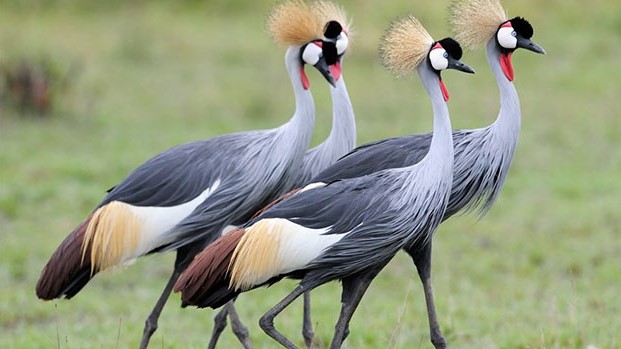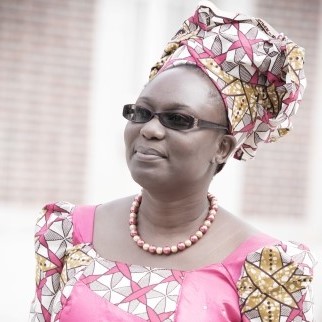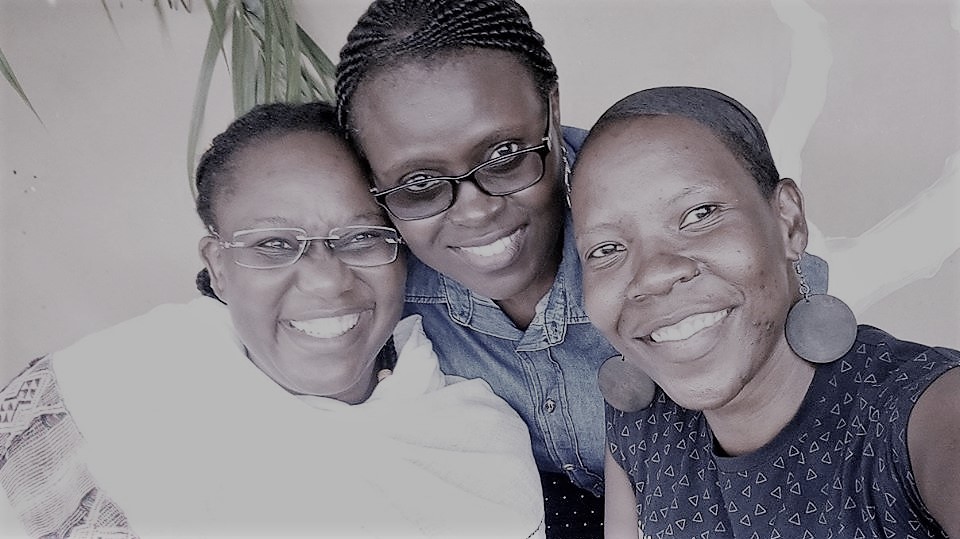This week, judging from the chatter on social media, the major systemic discomfort arising from the fallacy of Uganda as being a naturally united nation-state of a united people overtly cracked. Tensions boiled over, among Ugandans, on matters of who is who in public national governance.
Basically, like an active volcano, that systemic discomfort that is inbuilt into the fabric of our nation-state, right at its formation, a legacy of English colonialism, simmers and periodically, it shoots through and explodes, spewing sectarian ugliness.
 Crested Crane, Uganda’s National Bird.
Crested Crane, Uganda’s National Bird.
You see, at its formation, our first nations, the owners, pre-colonisation, of the geography that is now known as Uganda, were not party to the negotiations that resulted into the demarcation of the geographic boundaries of our nation-state; nor into the frame of our national governance structure.
Worse still, the independence governance structure of our nation-state, which sustains to date, is deliberate in its design to intentionally commit ethnocide and to erase our first nations. Our ways of governance, of doing and of relating, are categorised barbaric and are excluded from the design of our nation-state.
None of the languages of our first nations, for example, are an official language of Uganda the nation-state! English is the official language of Uganda.
Attempting to ethnocide the first nations of Uganda is our most important and central negative legacy of colonialism that unfortunately sustains unabated, and is the epicentre that is nurturing significant discomfort among us.
 Ms. Maria Alesi
Ms. Maria Alesi
Moreover, as is astutely pointed out by a prolific activist and Ugandan leader, one, moreover, so accomplished and wise at a young age:
“Ethnicity will always be a key element in Uganda’s political organizing. We identify more with our ethnicity than with ‘Ugandaness’.”
Maria Alesi
As of the most recent Uganda population census, which was done in 2014, there are 66 recognised first nations of Uganda. The largest five, in order, being the: Baganda, Banyankole, Basoga, Bakiga, and Iteso. And these five first nations command 49 percent, nearly 16.5 million, of the population of citizens of Uganda within Uganda.
Next, commanding 21.8 percent, about 7.3 million of Ugandan citizens are another five of our first nations, in order , they include the: Langi, Bagisu, Acholi, Lugbara and Banyoro. This, therefore, means that 71 percent of Ugandan citizens are of only 10 of its first nations.
Ten other of Uganda’s first nations command 19 percent of the population of its citizens, and they are the: Alur, Bakonzo, Batoro, Bafumbira, Bagwere, Banyole, Banyarwanda, Aringa, Jopadhola and Basamia. This means that 90 percent of Ugandan citizens are of only 20 of its first nations.
And so, only 10 percent of the population of Ugandan citizens in Uganda is commanded by the majority, 46, of its first nations; which in order, include the: Karimojong, Madi, Sabiny, Kumam, Baruli, Kakwa, Bahororo, Jie, Dodoth, Jonam, Pokot, Babwisi, Bagwe, Ethur, Barundi, Bagungu, other Ugandans, Batagwenda, Kebu (Okebu), Banyaruguru, Banyara, Kuku, Bamba, Babukusu, Baluku, Chope, Nubi, Napore, So (Tepeth), Lendu, Aliba, Banyabindi, Basongora, Ik (Teuso), Gimara, Shana, Banyabutumbi, Nyangia, Reli, Batwa, Ngikutio, Bahehe, Mvumba, Menning and Vonoma.
In terms of national political organising, and very specifically, for the purpose of winning a Ugandan presidential race, in a free and a fair election, it would be foolhardy for a candidate or a political party to ignore the reality of the composition, by first nations, of Ugandan citizens.
 President Yoweri Kaguta Museveni of the Republic of Uganda
President Yoweri Kaguta Museveni of the Republic of Uganda
Some say, in fact, that President Museveni has fully appreciated the reality of Ugandan citizens as composed by its first nations and is adept at working the status quo to his advantage. I will explore that assertion in my next blog post.


5 responses to “Uganda’s Ethnicity Politics”
True . More Ugandans are happier to say I am a Muganda from Uganda before saying they are Ugandan . Or they say things like I am a Ugandan but from the north. Why ??! This must stop . We are all Ugandans period!
LikeLike
No this must not stop. Uganda must recognize our first nations and not be dismissive of them. This is exactly the premise of the rainbow nation the is South Africa, that of the United States and that of the European Union. Acknowledge the diversity and use it to thrive.
LikeLiked by 1 person
[…] A cursory look at Cabinet, may give an impression that Mr. Museveni’s allocation of Cabinet positions is based on sound and justifiable grounds that a shrewd politician cannot afford to miss. His cabinet appointments, seemingly, accommodate the reality of the ethnic composition of the citizens of Uganda. […]
LikeLike
[…] A cursory look at Cabinet, may give an impression that Mr. Museveni’s allocation of Cabinet positions is based on sound and justifiable grounds that a shrewd politician cannot afford to miss. His cabinet appointments, seemingly, accommodate the reality of the ethnic composition of the citizens of Uganda. […]
LikeLike
[…] Atuhaire Joan, in comment to “Uganda’s Ethnicity Politics.” […]
LikeLike